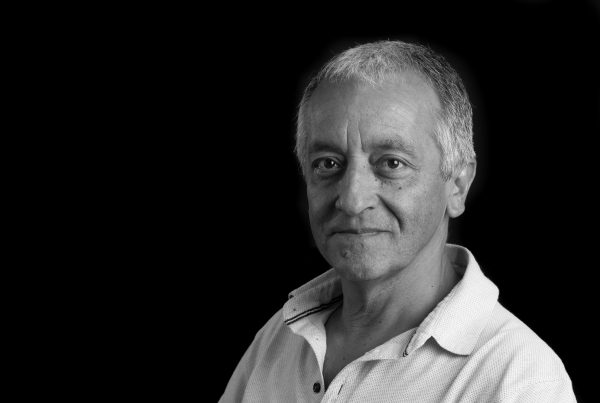I studied at the University of Georgia where I received my PhD in 1985 followed by two WHO-postdoctoral trainings at the New York University Medical Centre and the Institut Pasteur where I specialized in molecular biology of malaria. Next, I consolidated an interdisciplinary malaria research group at the University of Sao Paulo, Brazil. In 1990, I did a sabattical year at the Center for Molecular Biology (ZMBH), University of Heidelberg. In 2007, I became an ICREA Research Professor and joined the Barcelona Institute for Global Health, and in 2016 co-joined the Institut d’Investigació Germans Trias i Pujol. Cornerstones of this research activity are the discovery of the largest multigene virulent family of human malaria parasites and the discovery that reticulocyte-derived exosomes from infections act as intercellular communicators and can be used as vaccines and biomarkers.
